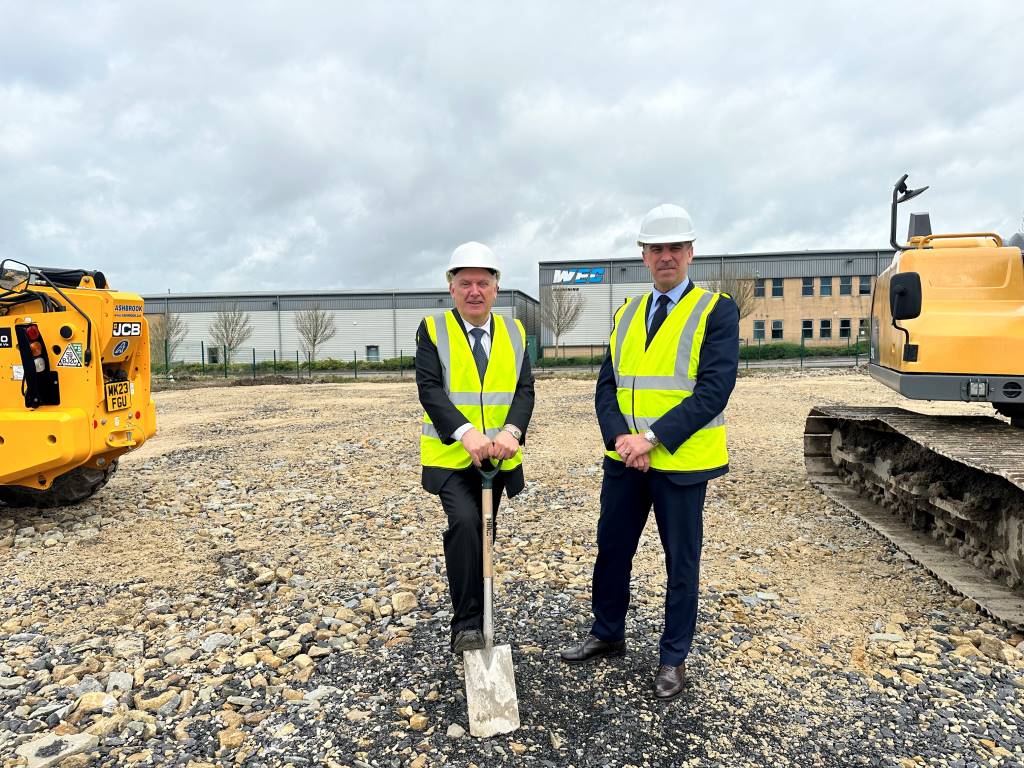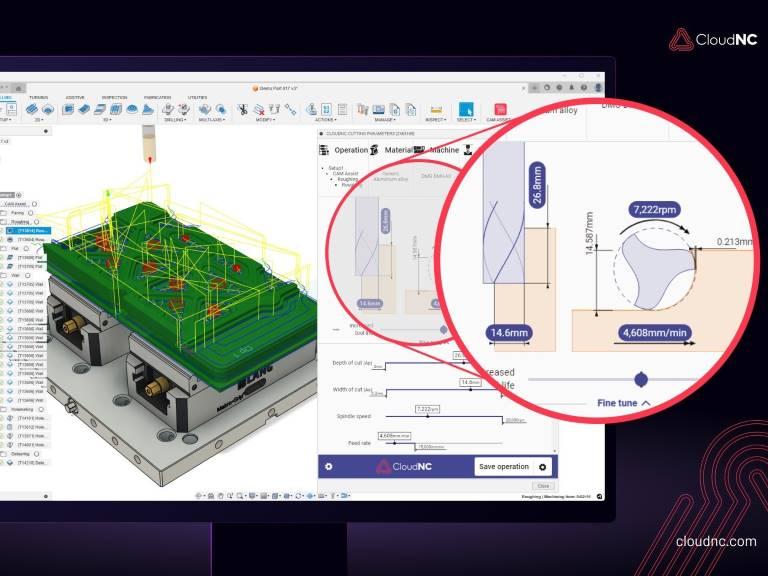EEF and Lloyds comment on January UK manufacturing PMI data

Commenting on the latest PMI data, Francesco Arcangeli, economist at EEF, the manufacturers’ organisation, said: “UK manufacturing PMI contracted to 52.8, down 1.4 since December as Brexit uncertainty grows.
“Stockpiling activities are at 27-year high with storage of inputs continuing to increase rapidly in preparation for a potential No Deal. At the same time, orders are slowing and employment is contracting.
He added: “EU manufacturing PMI is also trending downwards and getting ever closer to the 50 contraction threshold. Germany moved to negative territory for the first time in more than four years and Italy remained below 50 for the fourth month in a row.
“The country has now officially entered technical recession while Germany is teetering above it by an inch. This is bad news for UK exporters, with the risk of a cliff-edge Brexit increasing and global trade headwinds brewing.”
David Atkinson, head of manufacturing at Lloyds Bank echoed the sentiment: “A dip in the PMI will concern many. Our data shows there has been a rise in stockpiling by UK manufacturers and many are shoring up their supply chains amid disruption concerns, which isn’t necessarily indicative of ‘real’ and long-term sustainable growth.
“Demand for UK goods has dipped, as the initial boost from Sterling’s previous depreciation has faded, while the slowdown in European economic growth and the impact of the US/China trade war also appear to be affecting exporters.
“Firms are still cautious about their investment intentions and many are choosing to keep hold of cash reserves to protect themselves against bumps in the road,” he continued. “Meanwhile, bottom-line costs are starting to bite, too, with rising import costs affecting many and the ongoing skills shortage pushing manufacturers to spend more on finding the right talent.
“In the coming months, any certainty on the shape of the UK’s future trading relationship with the EU could prompt a wave of investment in the sector and consequently a boost in the PMI.”
EEF www.eef.org.uk
Lloyds Bank https://www.lloydsbank.com/business/industry-focus/manufacturing.asp














